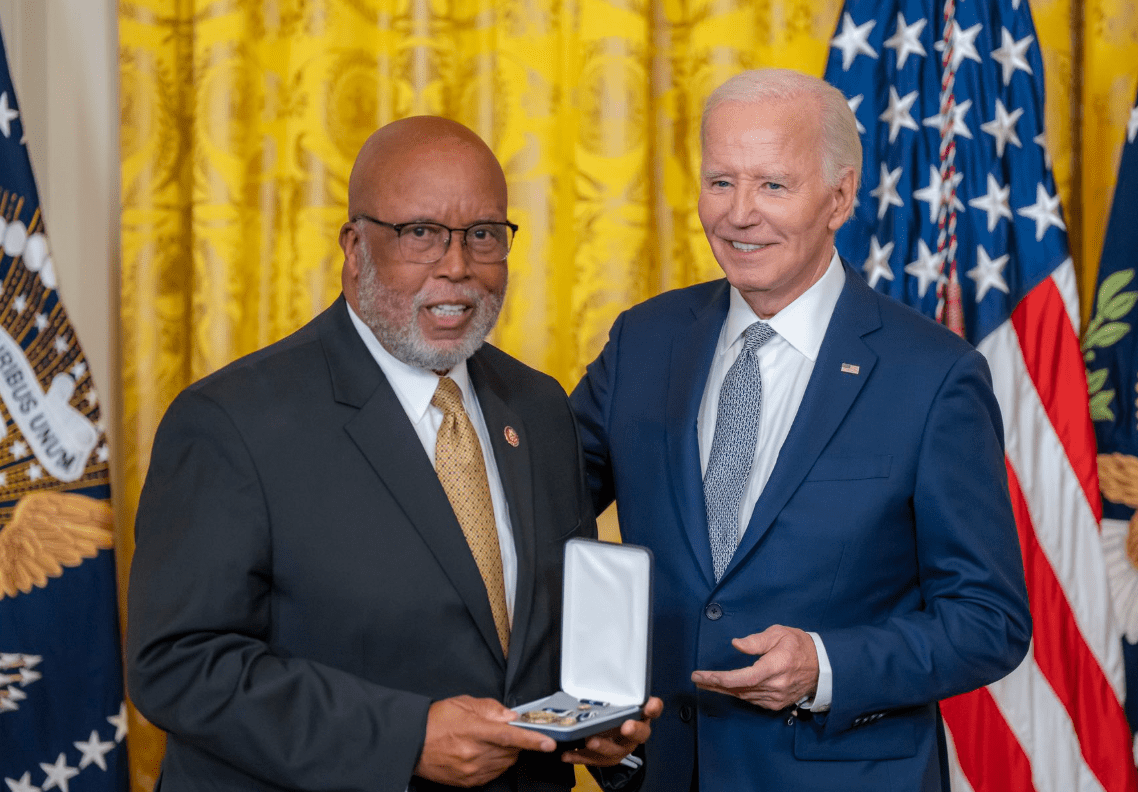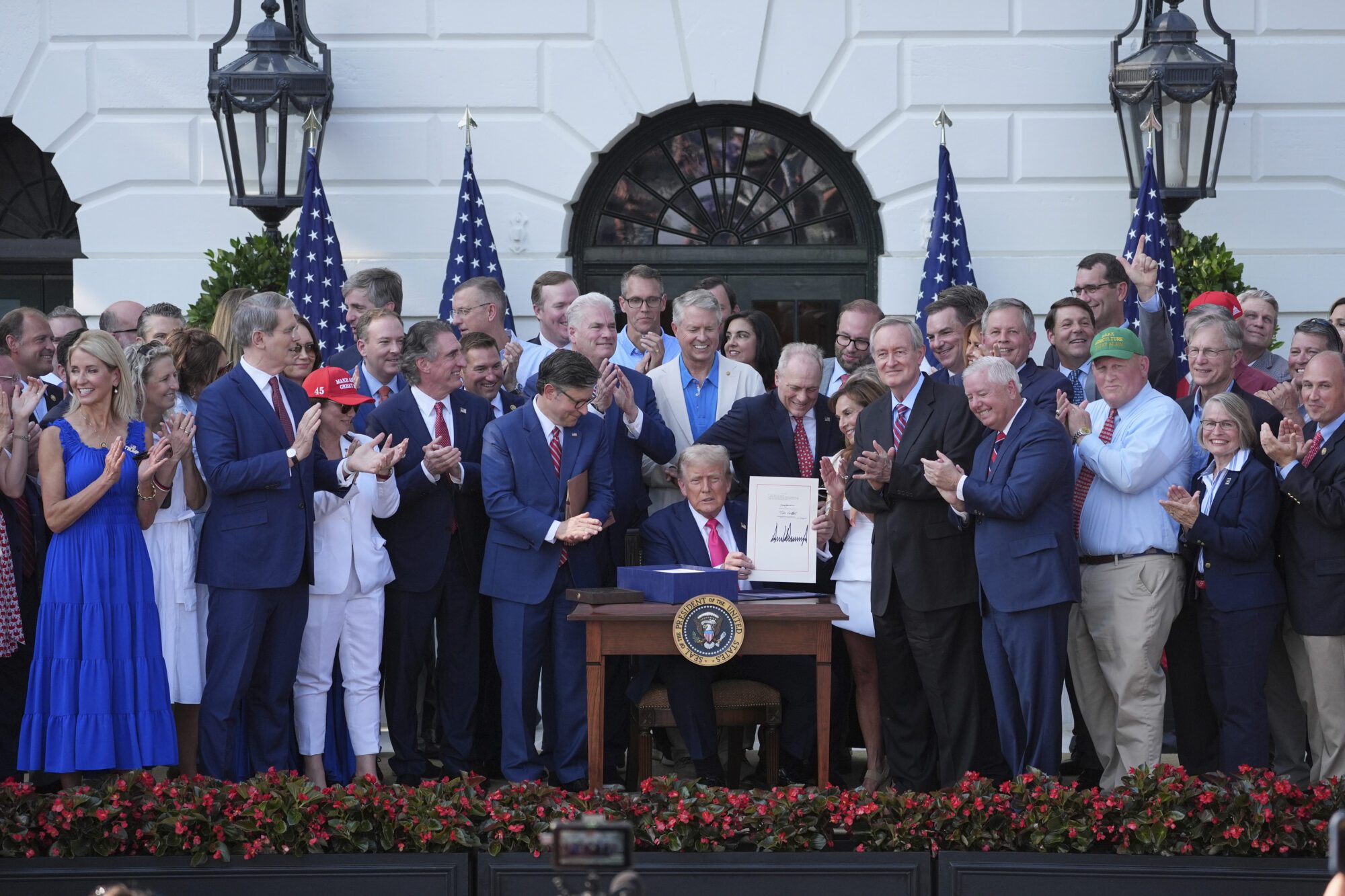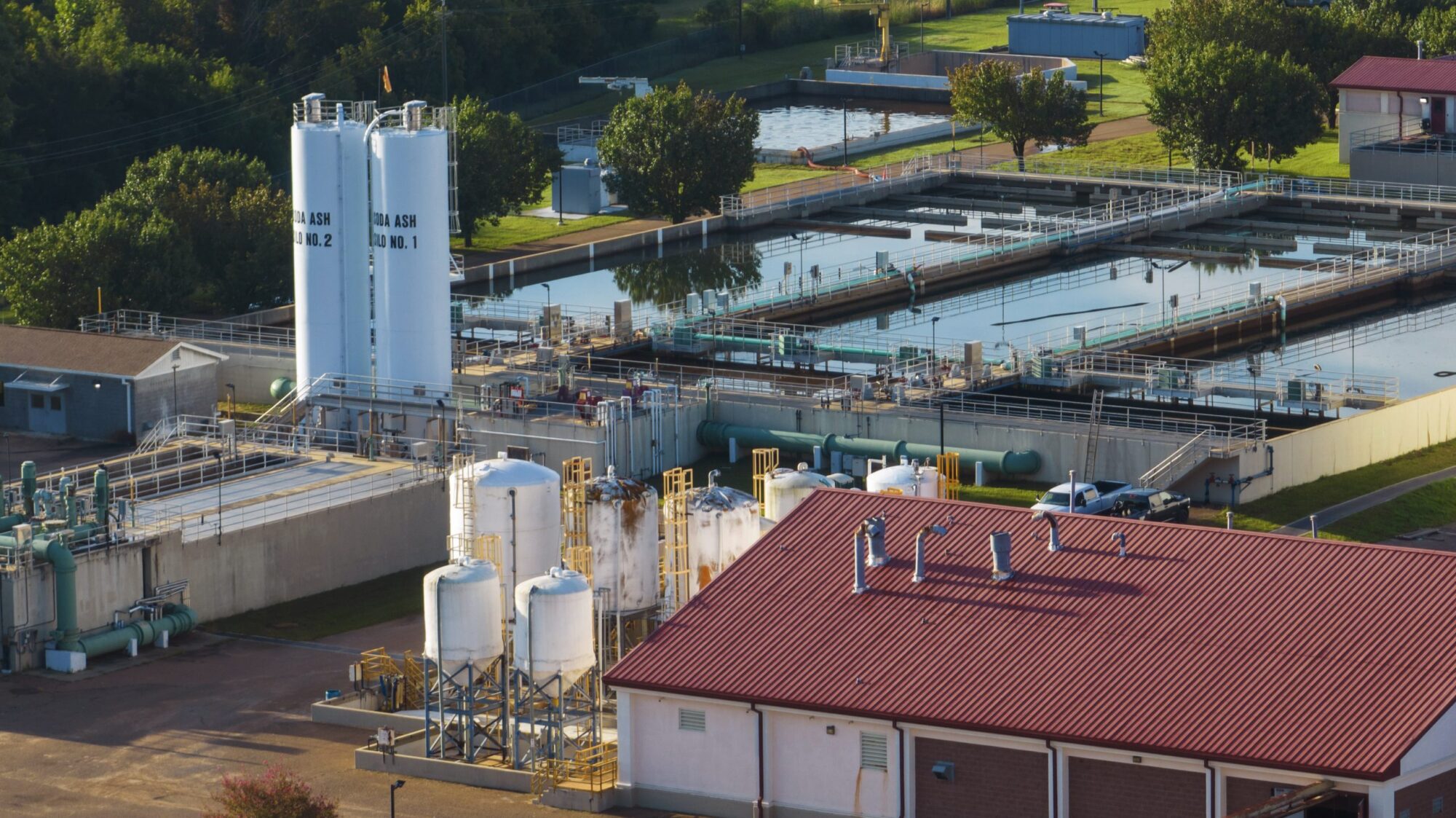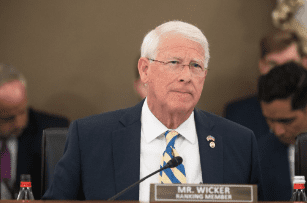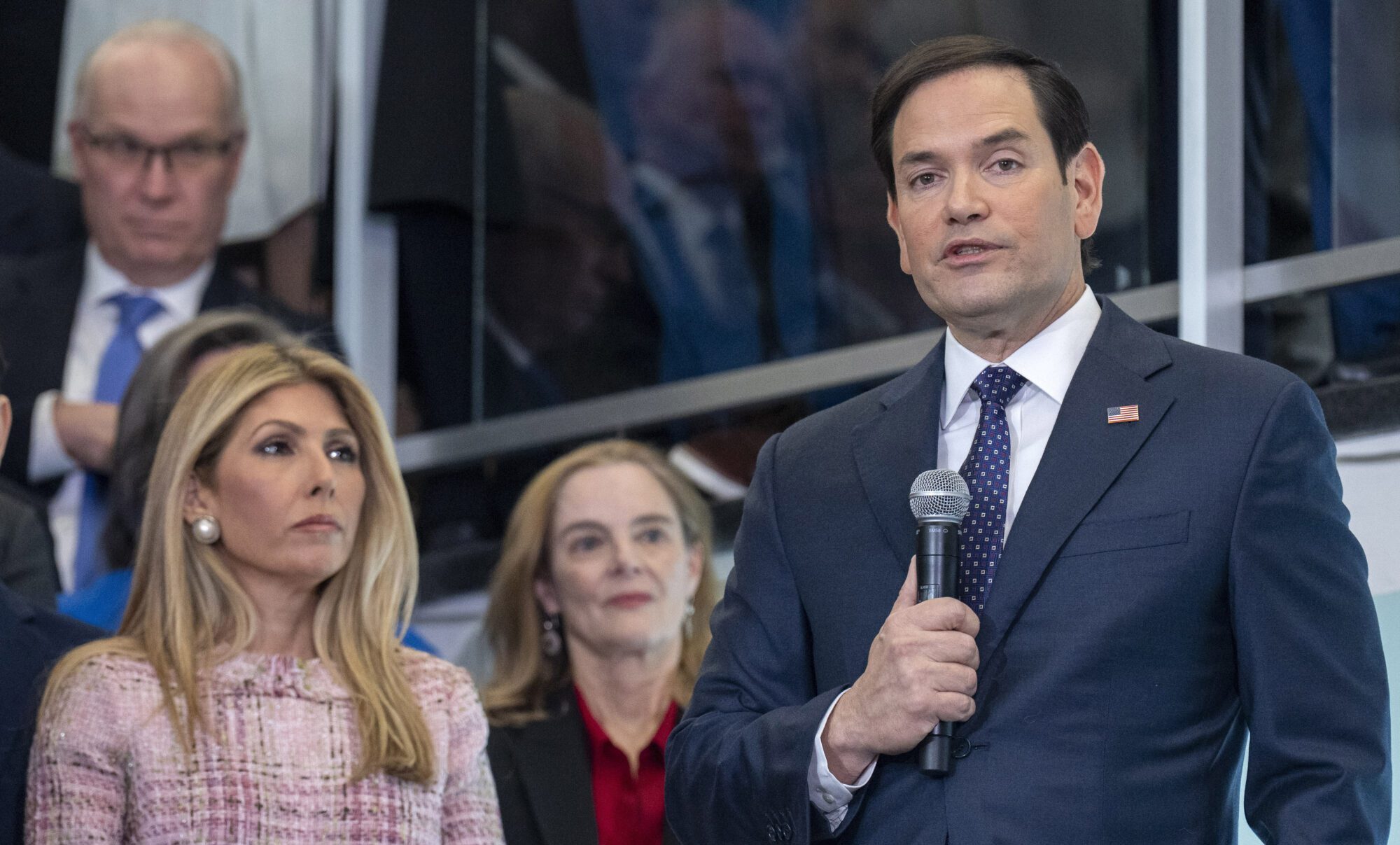
Thompson, Maloney blame race, climate change and the Mississippi Legislature’s match program for infrastructure funding, which all cities are under, for underinvestment in Jackson.
On Monday, two Democrat chairpersons in the U.S. House sent a letter to Mississippi Governor Tate Reeves, a Republican, questioning the state’s use of American Rescue Plan Act and Infrastructure Law funds as it relates to the recent Jackson water crisis.
Last month, after the city of Jackson’s water system came close to fully failing following major flooding, the state of Mississippi under the direction of Governor Reeves declared a state of emergency and took control of the operation of the city’s water facilities.
What state officials found was a severely understaffed municipal operation with little to no controls in place and a system on the brink of collapse.
READ MORE: EXCLUSIVE: Reports from inside Jackson’s water treatment plant since state intervention
However, due to Reeves’ action, the system was up and running in a little over two weeks with relatively minimal funds necessary to put the system on the correct path.
READ MORE: MEMA: Only $191,000 in equipment costs needed to get Jackson’s main water plant back online
As a reminder, the city of Jackson’s water system is a municipal water system to be operated and maintained by the city of Jackson, not the state of Mississippi. The state was forced to step in when the city’s system was on the verge of failing after years of local mismanagement, understaffing, and little to no city investment into the operation and maintenance of its own system.
Just today, the Unified Command of the Jackson Water Crisis is looking to fill operations and maintenance contracts at the city of Jackson’s water treatment facilities. That news comes even as the Jackson Mayor, Chokwe Lumumba, is said to be working to end the state intervention and is refusing the participate in the process to select an operator alongside federal and state experts.

“We have been told by city officials that the Mayor of Jackson is planning to functionally end the city’s cooperation with the Unified Command Structure—the team that has been keeping Jackson water stable—by refusing to participate in the process of selecting a water operator alongside federal and state water experts as the Biden Administration repeatedly asked to be done. That would be a huge mistake by the city. They would be communicating through this action that they no longer desire state assistance and insist on going it alone,” said Reeves in the release.
Yet now, House Oversight and Reform Committee chair Carolyn Maloney of New York and Homeland Security chair Bennie Thompson of Mississippi’s 2nd District want to know if Mississippi is allocating enough of its federal aid to the city of Jackson based largely on the municipality’s racial make-up, impacts from climate change, and other factors.
“Scientists have concluded that the rise in coastal sea-levels and frequent flooding in Mississippi—which contributed to the water crisis in Jackson—are a direct result of climate change,” the two write, adding, “Jackson continues to be susceptible to the growing threats of climate change. The Environmental Protection Agency (EPA) issued several warnings as early as the 1970s and as recently as 2020 to urge the city to update its water infrastructure and improve water quality. In 2021, multiple winter storms hit Jackson and left the water system out of commission for a month. These issues are certain to worsen with harsher winters, hotter summers, and expected future extreme weather events.”
Thompson and Maloney go on to blame an “exodus of white and affluent residents” for Jackson’s reduced tax base and lack of funding to repair its infrastructure, telling Reeves that, “The city, the majority of whose residents are Black, has also suffered decades of disinvestment” which led to the water crisis.
The two say Mississippi has received “more than $10 billion in federal funding” from the federal government through the two pieces of legislation mentioned above, with roughly $429 million of that “specifically allotted to enhance the state’s water infrastructure.”
“We urge you to devote adequate funding to Jackson to ensure residents have access to safe and healthy drinking water and to avert a future water crisis,” Thompson and Maloney tell Reeves while requesting that the Governor provide them with details as to the racial demographics and other factors for the Mississippi communities that have applied for and received federal funds for their water systems.
The Democrats claim that the Mississippi Legislature’s funding formula being used by all local communities – including Jackson – would further perpetuate what they view as “underinvestment in Jackson.”
“The Mississippi legislature’s decision to allocate federal funding from the State and Local Fiscal Recovery Funds on a matching basis with other municipalities risks further perpetuating underinvestment in Jackson,” the two state in a release. “Under the matching formula Mississippi adopted for American Rescue Plan funds, Jackson would directly receive, at most, around $84 million for water projects.”
Other than the reasons stated above, no reason was provided as to why Jackson should be treated any differently than Mississippi’s other cities and towns also eligible for the match funding.
But Thompson and Maloney did go on to claim that unnamed local officials have told them that the state has repeatedly sought to limit funding for Jackson to address its water system, making it harder and with more oversight for Jackson than other cities.
The Democrat chairpersons want a response to their letter from Governor Reeves by October 31st. However, with the Congressional Midterms on November 8th and the high likelihood that Republicans take back the U.S. House majority, this whole matter, which appears to be largely politically motivated, could go by the wayside if indeed the GOP wins the necessary seats.

